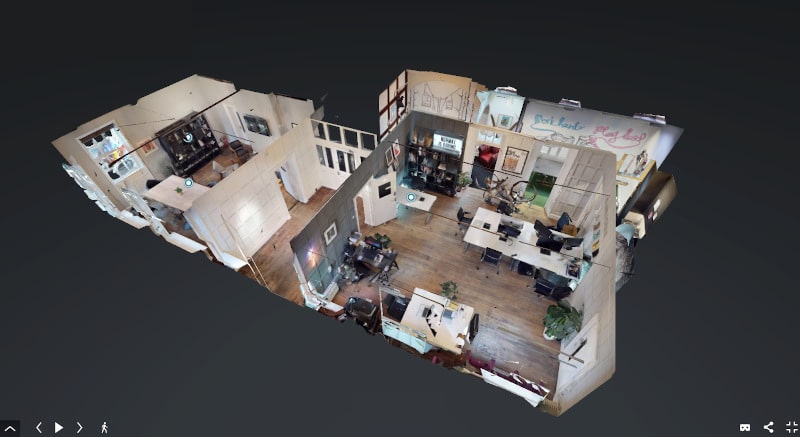Understanding Freehold Condos
Freehold condos are a type of property ownership that grants the buyer full ownership of both the unit and the land it sits on. Unlike leasehold condos, which have a limited ownership period, freehold condos offer a more perpetual form of ownership. This means that owners have greater control over their property and can make decisions regarding renovations, renting, or selling without the restrictions imposed by leasehold agreements.
Benefits and Considerations of Freehold Condos
There are several advantages to owning a freehold condo. Firstly, it provides long-term stability and security as the owner has complete control over the property. Additionally, freehold condos often appreciate in value over time, making them a sound investment. Moreover, owners can enjoy the freedom to personalize their living space according to their preferences, without seeking permission from a landlord or management board.
However, it is important to consider a few factors before purchasing a freehold condo. The initial cost of buying a freehold unit is typically higher compared to leasehold condos. Additionally, owners are responsible for the maintenance and repair costs of both the unit and the land, which can sometimes be a significant financial commitment. Understanding these considerations is crucial in making an informed decision.
Exploring Leasehold Condos
Leasehold condos, on the other hand, involve a predetermined lease period in which the buyer has the right to use the property. After the lease expires, the ownership reverts back to the landowner or the property developer. Leasehold condos are often found in areas where land availability is limited, such as densely populated urban centers.
Pros and Cons of Leasehold Condos
Leasehold condos offer a more affordable entry point compared to freehold condos, as the initial purchase price is typically lower. This makes them an attractive option for first-time buyers or those looking for a more budget-friendly investment. Additionally, maintenance and repair costs are often shared among the leasehold condo owners, reducing individual financial obligations.
However, it’s important to note that leasehold condos come with certain limitations. The lease period can vary, and once it expires, the property returns to the landowner. This lack of perpetual ownership may limit the ability to make long-term investments or alterations to the property. Additionally, leasehold condos may face uncertainty when it comes to lease renewals, which could potentially impact property value.
Factors to Consider When Choosing Between Freehold and Leasehold Condos
When deciding between a freehold or leasehold condo, there are several factors to consider. Firstly, think about your long-term plans for the property. If you intend to hold onto it for an extended period or view it as a long-term investment, a freehold condo might be more suitable. On the other hand, if you’re looking for a more affordable option or a shorter-term investment, a leasehold condo could be the right choice.
Location is another crucial aspect to consider. Freehold condos are more commonly found in suburban areas, whereas leasehold condos are prevalent in urban centers with limited land availability. Consider the amenities, proximity to essential facilities, and the overall lifestyle the location offers when making your decision.
Financial Implications of Freehold and Leasehold Condos
From a financial perspective, it’s important to assess your budget and long-term financial goals. Freehold condos typically have higher upfront costs, but they offer the potential for greater appreciation in value over time. Leasehold condos, on the other hand, may have lower initial costs but could come with the uncertainty of lease renewals and potential limitations in the future.
It’s advisable to consult with a financial advisor or real estate professional to evaluate the financial implications of your decision. They can provide insights and guidance based on your specific circumstances and help you make an informed choice.
Case Studies: Comparing Freehold and Leasehold Condo Prices
Case studies have shown that freehold condos tend to have higher price points compared to leasehold condos. However, it’s essential to analyze these case studies within the context of specific locations and market conditions. Factors such as demand, location, and amenities can significantly influence the pricing dynamics of both types of condos.
By studying these case studies and considering the factors discussed earlier, potential buyers can gain a clearer understanding of the price differences between freehold and leasehold condos in their desired areas.




